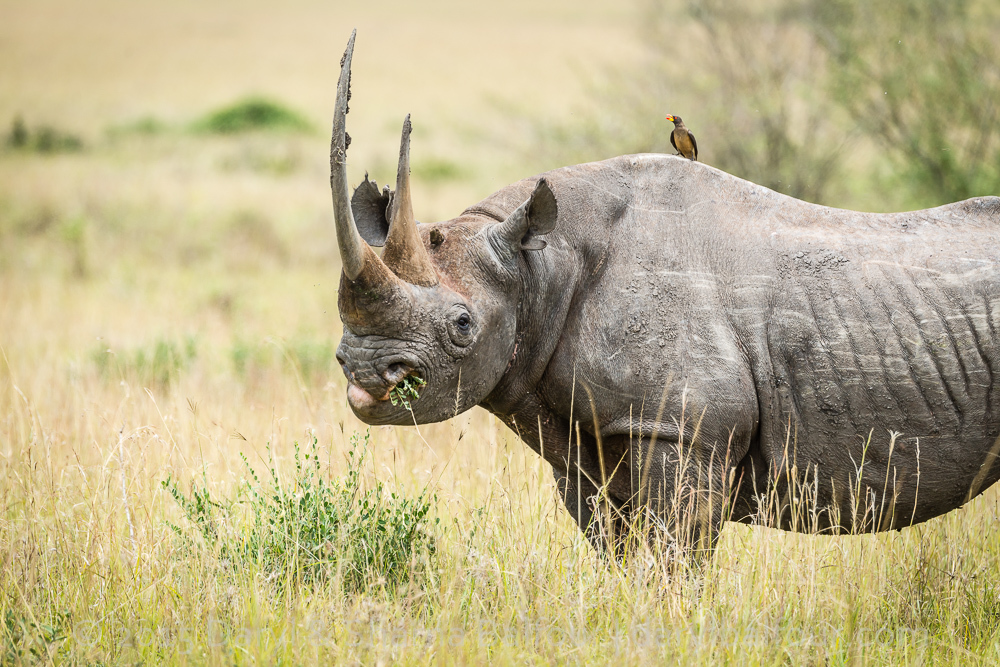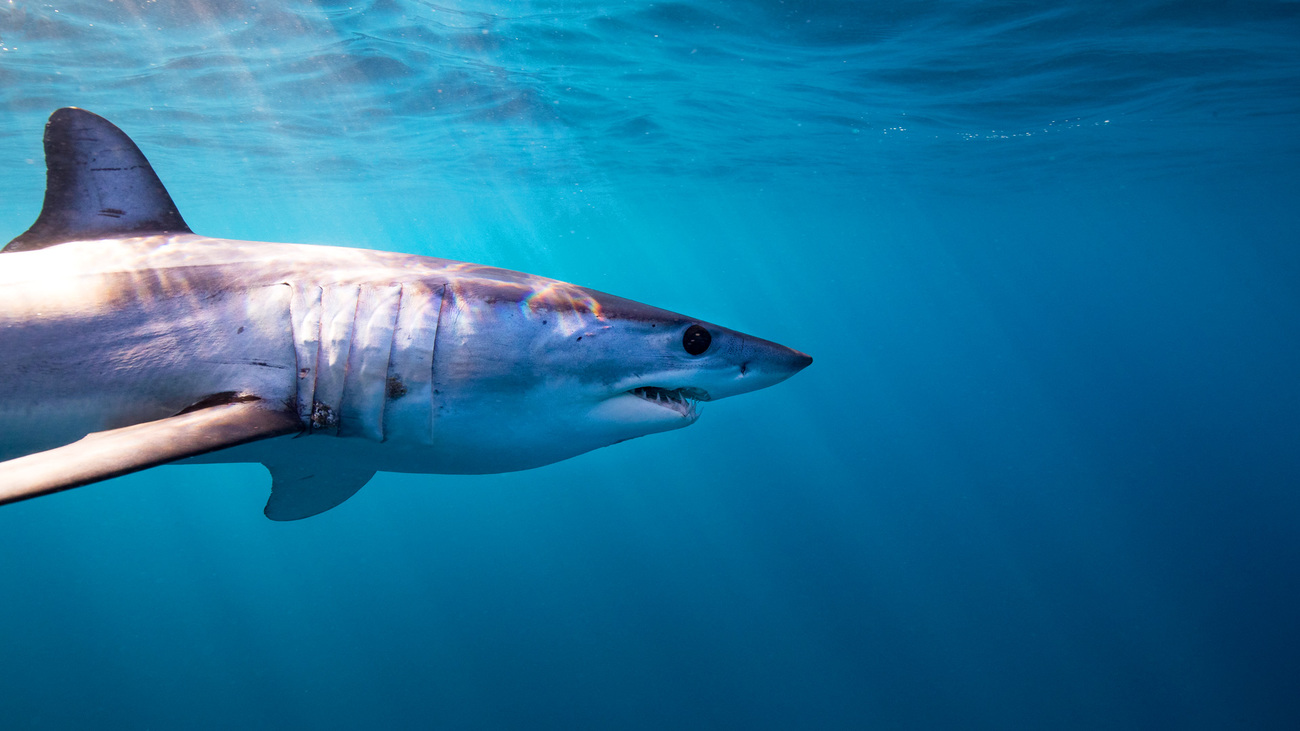Policy Conventions & Agreements - Global
Protection for wildlife & habitats is preserved in global agreementsdecisions made at CITES conference in the coming days could have impact on future survival of threatened species
decisions made at CITES conference in the coming days could have impact on future survival of threatened species

Many people may not be familiar with the Convention on International Trade in Endangered Species of Wild Fauna and Flora (CITES), which holds a Conference of the Parties (CoP), every three years, bringing together representatives of member countries from around the world. But despite its long name and the often very technical language used around the forum, its goal is simple – to protect species of conservation concern from over-exploitation due to international trade.
Therefore, the decisions taken during these global gatherings have far-reaching effects for some of our most threatened animals and plants, and endangered species. Decisions taken on whether or not to protect them from trade can affect their future existence.
For this reason IFAW has participated as an observer organization at the triennial CoPs and subsequent meetings for three decades, helping government negotiators with our expertise on elephants, other key species, and the issue of wildlife trade as a whole.
This weekend, the 18th CITES CoP opens in Geneva, Switzerland, where delegates from most of the 183 member countries along with NGOs and other interested parties, will gather to spend the coming days debating and deciding on a variety of issues on the longest agenda in CITES history that spans 107 agenda items and 57 species proposals. The meeting is scheduled to run until August 28 and IFAW’s team of experts will be present throughout.
Key species affected by trade whose protection will be negotiated at the conference include elephants, giraffes, sharks, rhinos, Asian otters, jaguars and many more.
Illegal and unsustainable wildlife trade, coupled with habitat loss and other human-made threats, has decimated many species so that they are now at a tipping point for future survival.
We will be lobbying delegates to do all they can to protect some of our most vulnerable traded species.

As at previous CoPs, elephants and ivory trade will be prominent on the agenda. With around 20,000 elephants per year currently slaughtered for the illegal ivory trade, IFAW believes elephants need the highest protection. It is vital to end the ivory trade and prevent any further sales of stockpiled ivory, which can provide a smokescreen for poaching and illegal trade.
In Geneva, CITES delegates will also consider the protection of giraffes for the first time. Known as the ‘silent extinction’, giraffe numbers have plummeted by up to 40% over the last 30 years due to threats including international trade in their parts, habitat loss, civil unrest, and illegal hunting.
Also under the spotlight will be sharks and rays, whose populations have been declining rapidly due to demand for their fins and meat, with the trade often unregulated locally or globally. A total of 18 of the most threatened of these species will be considered for protection, including both the longfin and shortfin mako shark, which are both endangered.
In addition, CoP18 will address how to deal with emerging issues such as the online trade in wildlife, which enables consumers to illegally buy many species of live animals and their parts at the click of a mouse. The conference will also discuss what to do with the ever-increasing number of live animals rescued from traffickers.
Related content
Every problem has a solution, every solution needs support.
The problems we face are urgent, complicated and resistant to change. Real solutions demand creativity, hard work and involvement from people like you.